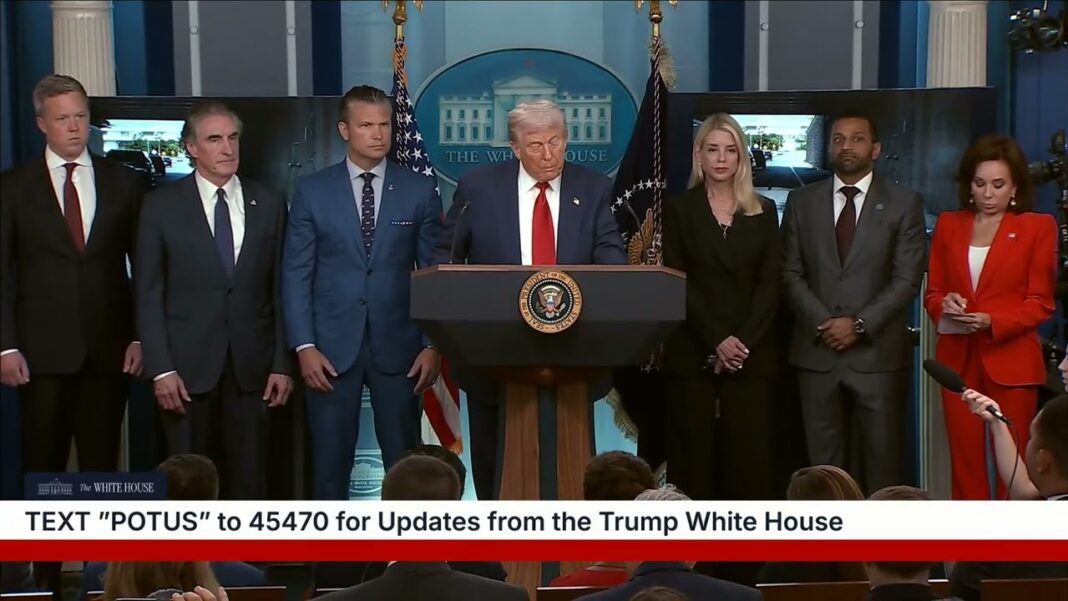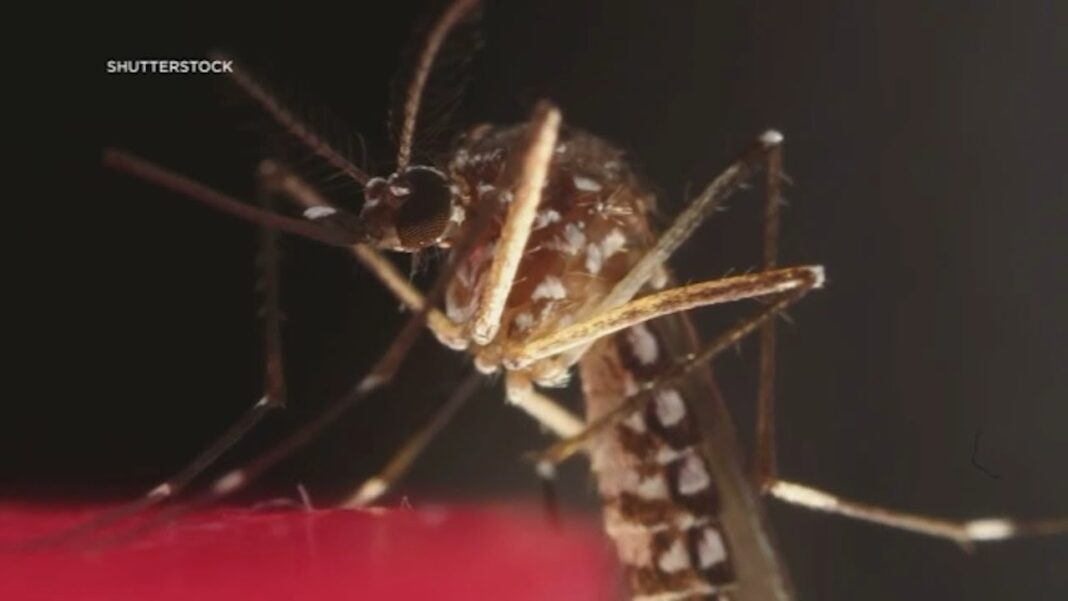More than 20 clinics have changed course in response to a political shift, and gender-related treatments for minors face increasing legal challenges.
From California to Virginia, youth gender clinics are pausing or halting medicalized treatments—and the nation’s largest one has closed—in the wake of Trump administration policies.
These types of clinics were non-existent in the United States until one opened in Boston in 2007. Since then, dozens more sprang up. But at least 20 medical facilities will no longer be providing some of these services, according to a White House statement last month.
Facilities that provide chemical and surgical treatments to gender-confused children now face increasing pressure under new state laws, federal policy changes, investigations into their practices, and litigation. At least two disputes over gender-related treatment reached the U.S. Supreme Court this year.
The number of youths who identify as transgender has ballooned, along with concerns over the long-term health risks of gender-related hormones and surgeries.
Several European countries that formerly championed these interventions backed away from them after reviews revealed poor outcomes. The procedures were used to treat people diagnosed with gender dysphoria—a psychiatric condition in which people believe there is a mismatch between their biological sex and their self-perceived identity.
In the United States, about half the states banned such treatments for minors in recent years. Court challenges followed.
At least one of those challenges made it to the Supreme Court, which upheld a Tennessee law banning transgender-related puberty blockers and hormone treatments for minors. That landmark June 18 decision, United States v. Skrmetti, bolstered similar laws, which were enacted chiefly in Republican-controlled states.
Fourteen other states, mostly Democrat-dominant, enacted “shield” or “refuge” laws intended to ensure access to these types of interventions, according to the Williams Institute. The research group, based at the University of California, Los Angeles, focuses on LGBT-related issues.
Still, clinics in some of those states, including California, recently stopped some or all the medical procedures under political and legal pressures. In several cities, protesters decried the impact on young patients; demonstrators in Seattle hoisted placards urging, “Protect Trans Kids.”
Meanwhile, transgender activists nationwide continue to funnel children into a “pipeline” for gender-related medical procedures, Idaho counselor Peggy McFarland, who specializes in treating girls, women, and relationships, told The Epoch Times.
“It’s great that [certain clinics] are not medically harming children’s bodies anymore,” she said. “But the ideological war and movement behind medical transitioning, that is still very much alive.”
The debate around gender ideology and care for gender-confused youths continues to divide researchers, parents, and policymakers in the United States.
Against this backdrop, the United States’ leaders, courts, and clinicians are tasked with decisions affecting up to 5.5 percent of high schoolers. That number includes 2.2 percent who identify as gender “questioning” and 3.3 percent as transgender, according to data from the Centers for Disease Control and Prevention. The latter category nearly doubled over the five years between 2017 and 2022, according to a Williams Institute study that used CDC data and statistical modeling.
McFarland said controversy over caring for these youths stems from a pair of contradictory, incompatible belief systems.
“This is about our whole definition of ‘human’—who humans are. That’s what’s at stake,” she said. “Either God is the Creator—or people can be anything they want.”
By Janice Hisle








